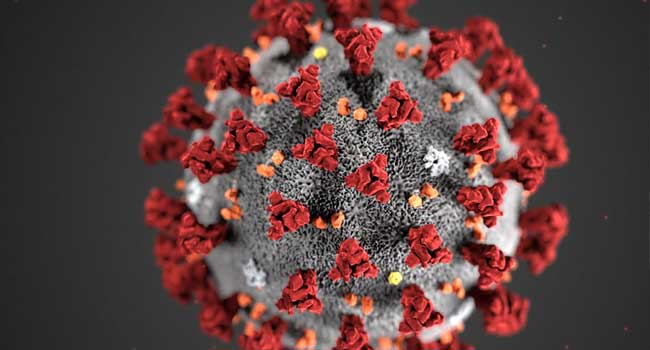
Nigeria confirmed its first case of the Coronavirus disease (COVID-19) in the wee hours of Friday.
Minister of Health Dr Osagie Ehanire, said the case involves an Italian citizen who works in Nigeria and just returned to Lagos from Milan, Italy on February 25, 2020.
As the country battles to contain the dreaded disease which has claimed thousands of lives, the WHO has addressed some myths about the disease.
Here they are as written by the UN agency:
Are hand dryers effective in killing the new coronavirus?
Can an ultraviolet disinfection lamp kill the new coronavirus?
How effective are thermal scanners in detecting people infected with the new coronavirus?
Thermal scanners are effective in detecting people who have developed a fever (i.e. have a higher than normal body temperature) because of infection with the new coronavirus.
However, they cannot detect people who are infected but are not yet sick with fever. This is because it takes between 2 and 10 days before people who are infected become sick and develop a fever.
Can spraying alcohol or chlorine all over your body kill the new coronavirus?
Is it safe to receive a letter or a package from China?
Can pets at home spread the new coronavirus (2019-nCoV)?
Do vaccines against pneumonia protect you against the new coronavirus?
The virus is so new and different that it needs its own vaccine. Researchers are trying to develop a vaccine against 2019-nCoV, and WHO is supporting their efforts.
Although these vaccines are not effective against 2019-nCoV, vaccination against respiratory illnesses is highly recommended to protect your health.
Can regularly rinsing your nose with saline help prevent infection with the new coronavirus?
There is some limited evidence that regularly rinsing nose with saline can help people recover more quickly from the common cold. However, regularly rinsing the nose has not been shown to prevent respiratory infections.
Can eating garlic help prevent infection with the new coronavirus?
Does putting on sesame oil block the new coronavirus from entering the body?
However, they have little or no impact on the virus if you put them on the skin or under your nose. It can even be dangerous to put these chemicals on your skin.
Does the new coronavirus affect older people, or are younger people also susceptible?
WHO advises people of all ages to take steps to protect themselves from the virus, for example by following good hand hygiene and good respiratory hygiene.
Are antibiotics effective in preventing and treating the new coronavirus?
The new coronavirus (2019-nCoV) is a virus and, therefore, antibiotics should not be used as a means of prevention or treatment.
However, if you are hospitalized for the 2019-nCoV, you may receive antibiotics because bacterial co-infection is possible.
Are there any specific medicines to prevent or treat the new coronavirus?
However, those infected with the virus should receive appropriate care to relieve and treat symptoms, and those with severe illness should receive optimized supportive care. Some specific treatments are under investigation and will be tested through clinical trials. WHO is helping to accelerate research and development efforts with a range or partners.
Channels Television
Comments
Post a Comment